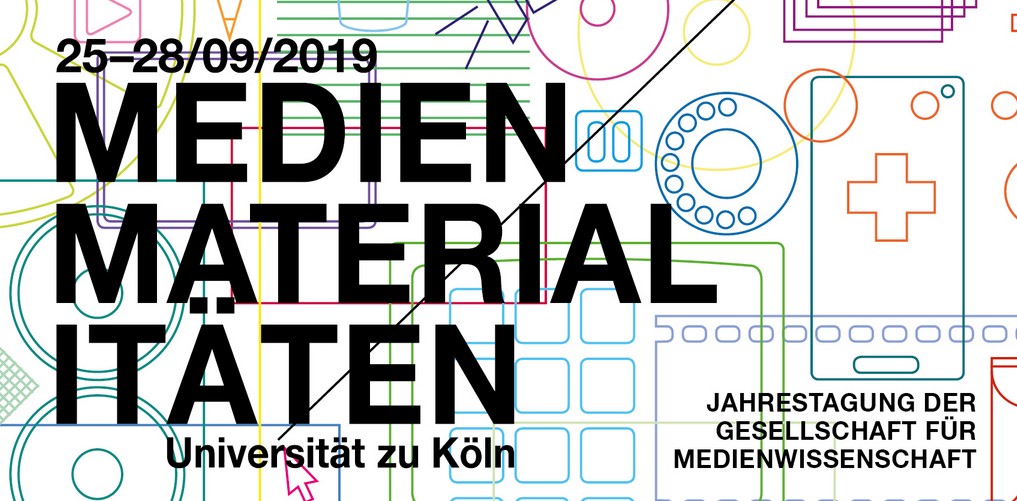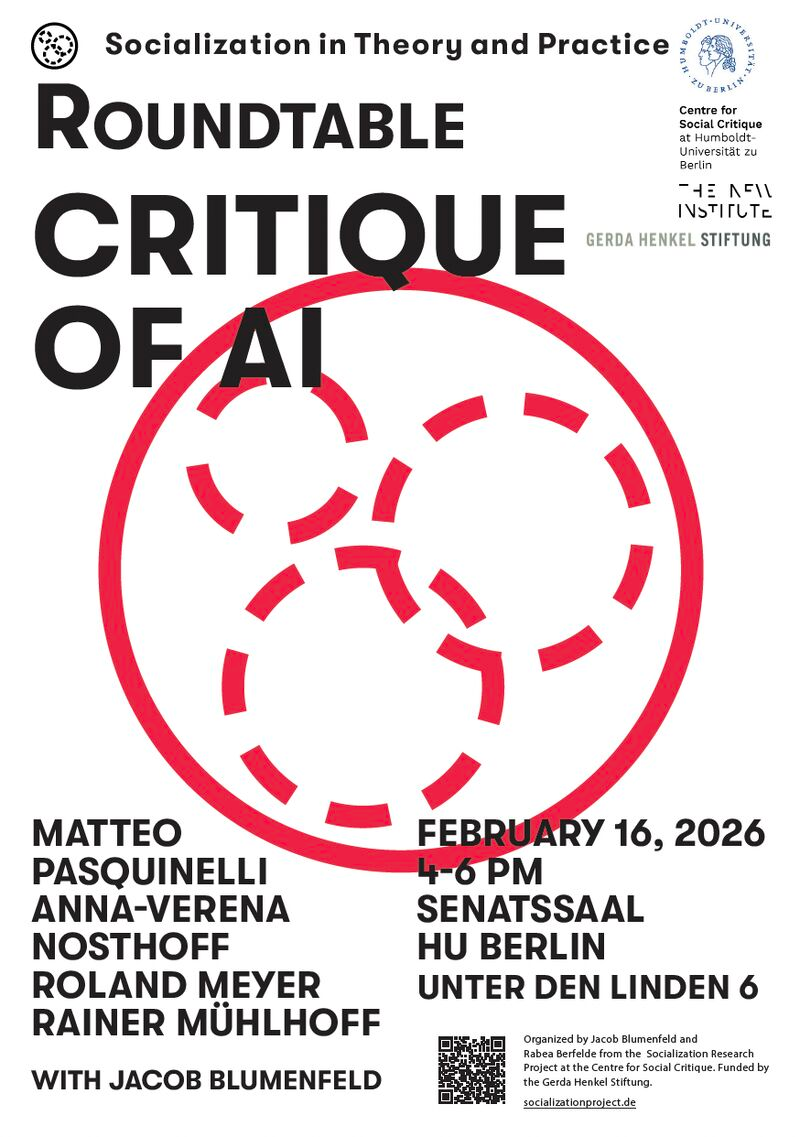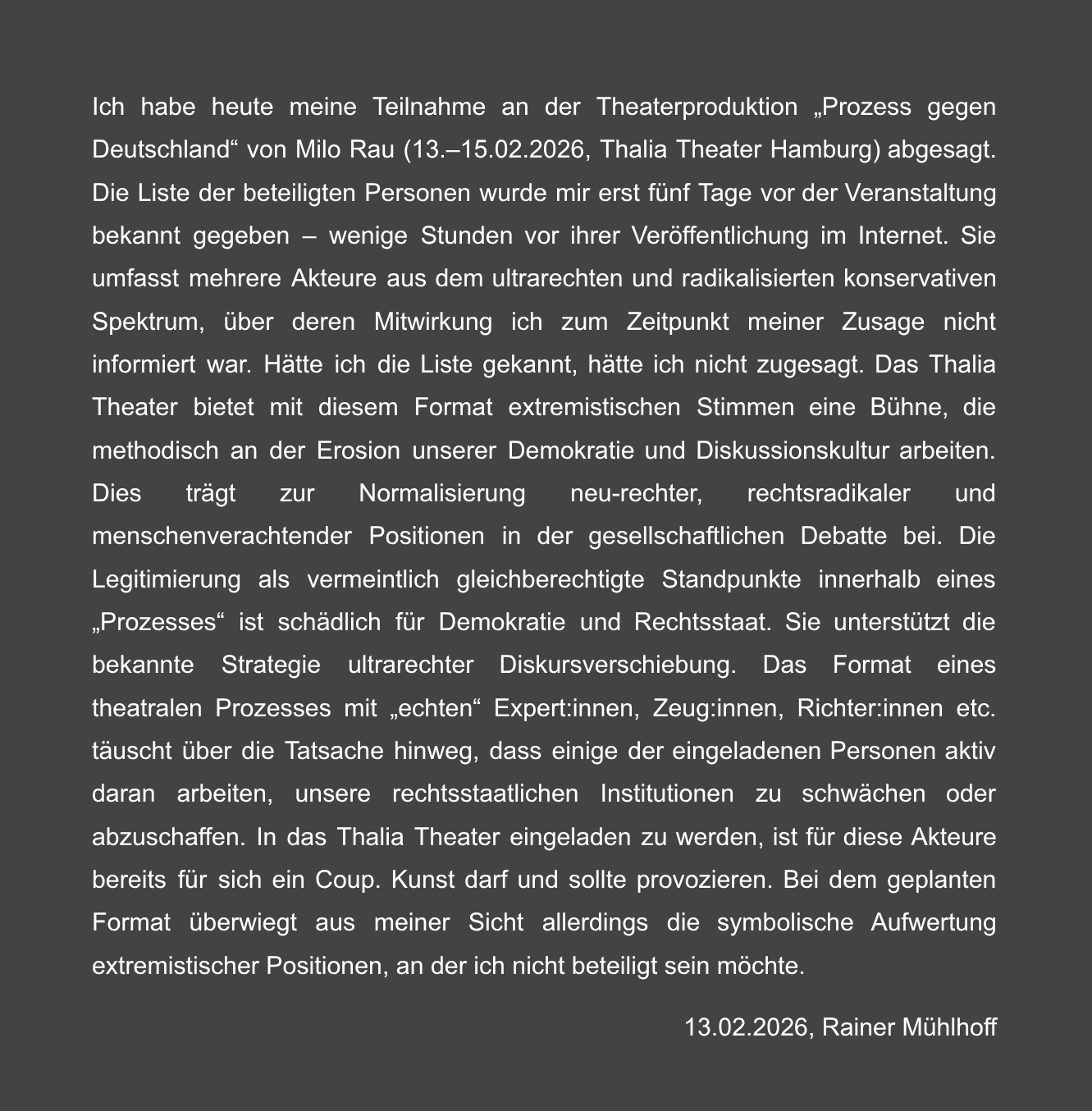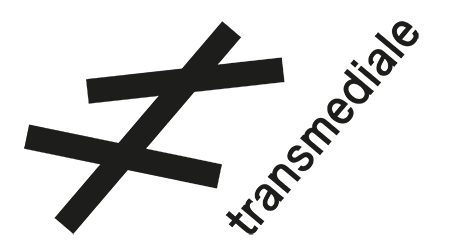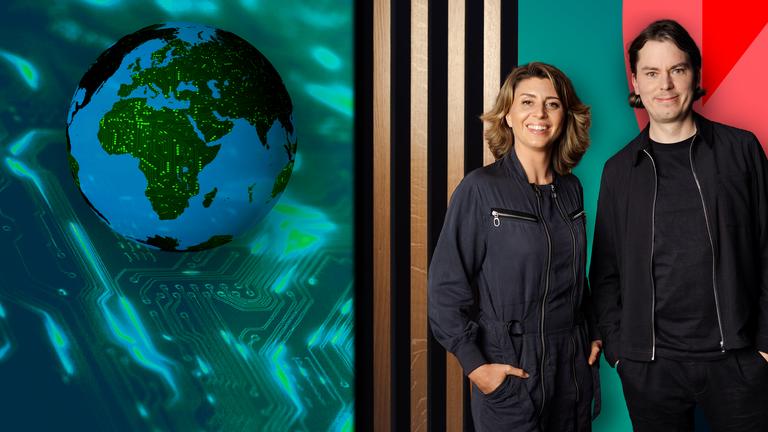Talk on my project “Human-Aided Artificial Intelligence” at GFM annual conference 2019 in Cologne.
Paper presentation on the Annual Conference of the German Society of Media Studies 2019 in Cologne (in German).
Human-Aided Artificial Intelligence.
Or, How to Run Large Computations in Human Brains.
Deep Learning as Media-Cultural Revolution.
Coordinates: Saturday, 28 September 2019, 11.00–11.30 am (Session: 10:00–12:00 Uhr), University of Cologne, Philosophikum, Seminarraum S 91.
Written papers: [🇩🇪 ZfM (open access)] and [🇬🇧 New Media & Soc. pre-print (Academia.edu)]
Abstract: Today, artificial intelligence, especially machine learning, is structurally dependent on human participation. Technologies such as Deep Learning (DL) leverage networked media infrastructures and human-machine interaction designs to harness users to provide training and verification data. The emergence of DL is therefore based on a fundamental socio-technological transformation of the relationship between humans and machines. Rather than simulating human intelligence, DL-based AIs capture human cognitive abilities; they are hybrid human-machine apparatuses. From a perspective of media philosophy and social-theoretical critique, I differentiate five types of “media technologies of capture” in AI apparatuses and analyze them as forms of power relations between humans and machines. Finally, I argue that the current hype about AI implies a relational and distributed understanding of (human/artificial) intelligence, which I categorize under the term “cybernetic AI”. This form of AI manifests in socio-technological apparatuses that involve new modes of subjectivation, social control and discrimination of users.

